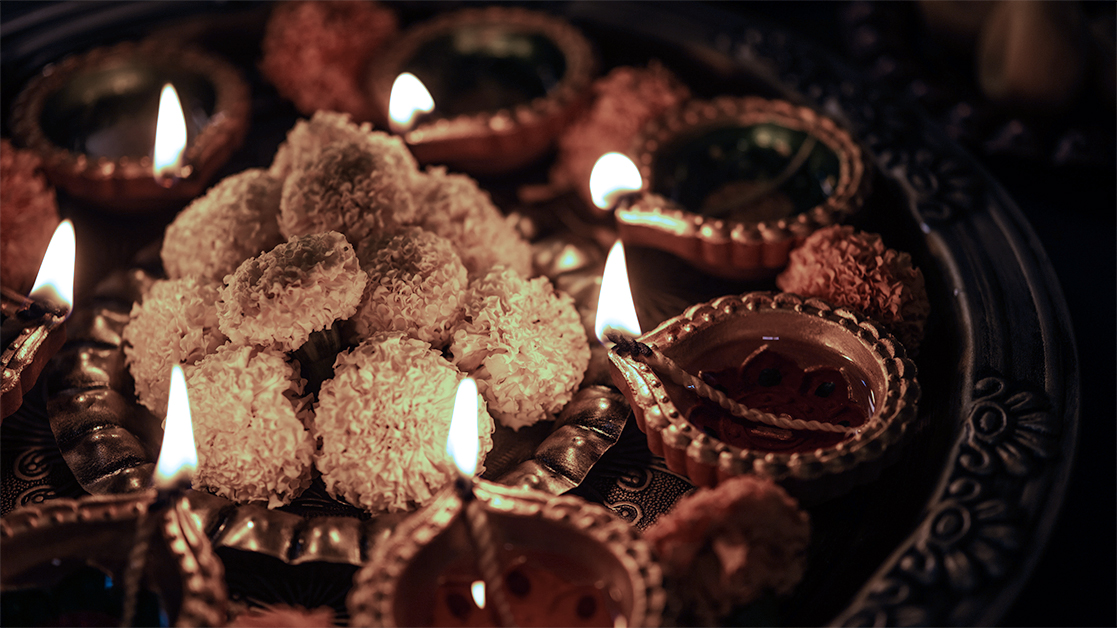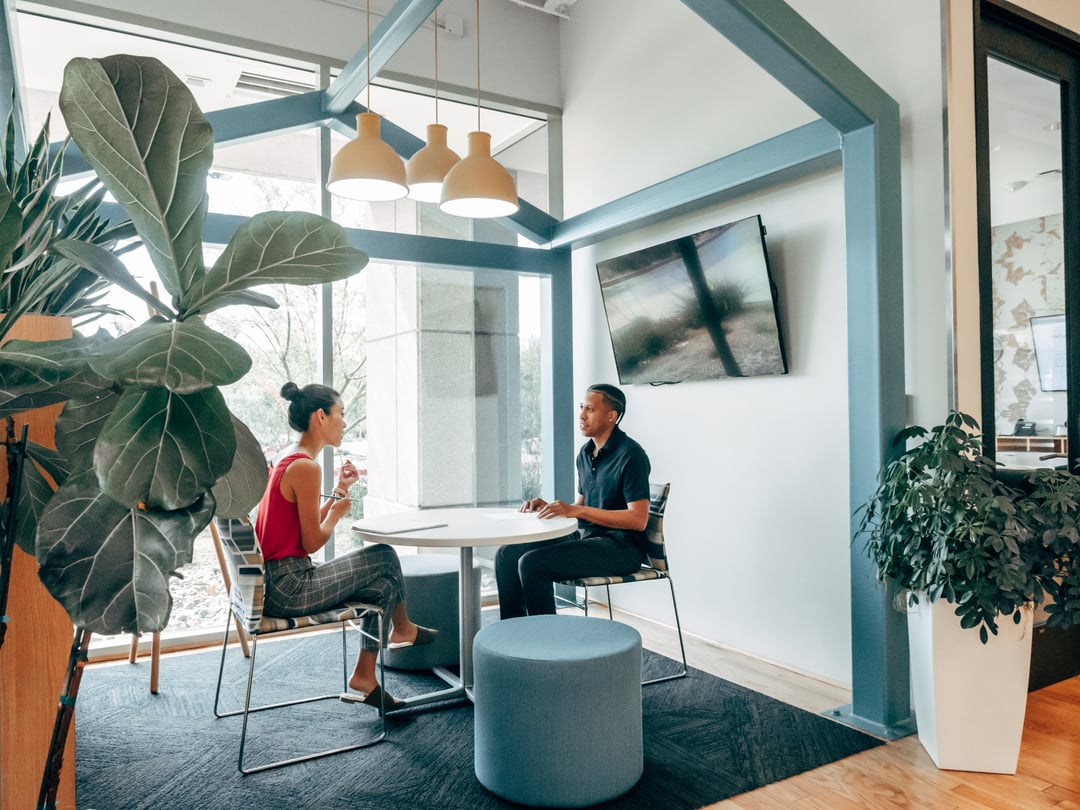How to celebrate Diwali at work
Posted in: Diversity & Inclusion
Read Time: 2 Min Read

As part of our diversity commitment, it is important that we support our clients and consultants who celebrate Diwali, and promote it within the workplace. To learn more, read below to find out what the holiday is about and how to celebrate it at work.
What is Diwali?
Diwali, also known as the Festival of Lights, signifies new beginnings and the triumph of good over evil and light over darkness. It is celebrated over the course of five days, which is a great opportunity to get together, have a feast and enjoy some fireworks.
Diwali is usually celebrated between October and November, however, this can vary each year. This year, Diwali is celebrated from the 24th of October until the 27th of October.
Diwali is celebrated across the world by Hindus, Jains, Sikhs as well as Buddhists around the world.
Depending on each religion, the history of Diwali and why it is celebrated varies:
Hindus: After a 14-year exile, Hindus commemorate the return of the deities Rama and Sita to Ayodhya, and the day Mother Goddess Durga defeated the demon Mahisha.
Sikhs: In 1619, Hargobind Singh, the sixth guru, was released from prison and therefore celebrated by the Sikhs.
Jainism: Founded by Lord Mahavira, Jains observe Diwali commemorating the moment he attained Moksha, also known as nirvana or eternal bliss.
Newar Buddhists of Nepal: They celebrate Diwali to honour Lakshmi.
How to celebrate Diwali at work?
Learn about what the holiday means
A lot of people within the workplace may not be aware of this special holiday. Therefore, it is important to educate and train them so they can appreciate it and support others who are celebrating it. Share facts and knowledge about Diwali with your fellow coworkers, so they can actively participate and learn more about it.
Consider organising some Henna artists
Henna is often used to mark gatherings and religious events as a sign of celebration and a symbol of health, luck and positive energy.
Share experiences
There's no better way to learn more about Diwali than to listen to others' experiences. Invite your coworkers to learn more about how they celebrate the holiday, what food they eat and what it means to them.
Try symbolic foods
As food is a big part of the Diwali celebrations, people usually have different signature dishes that they enjoy with their friends and families. Therefore, this is a great opportunity to ask your coworkers to prepare their traditional dishes and share them with the rest of the team.
Review your holiday policy
To promote inclusivity, it might be useful to consider reviewing your bank holiday policy and offering flexibility to others. For example, you could try to offer flexible bank holidays for employees, so they can use them over the Diwali period to celebrate with their loved ones.
Recent
More Like This
Saluting Our Sisters: Introducing Nosente Goll
This Black History Month, we’re celebrating the achievements of all our Black and ethnically diverse team members. This year’s theme is Saluting our Sisters and we wanted to highlight the amazing contribution of one of our Pioneers in particular.
